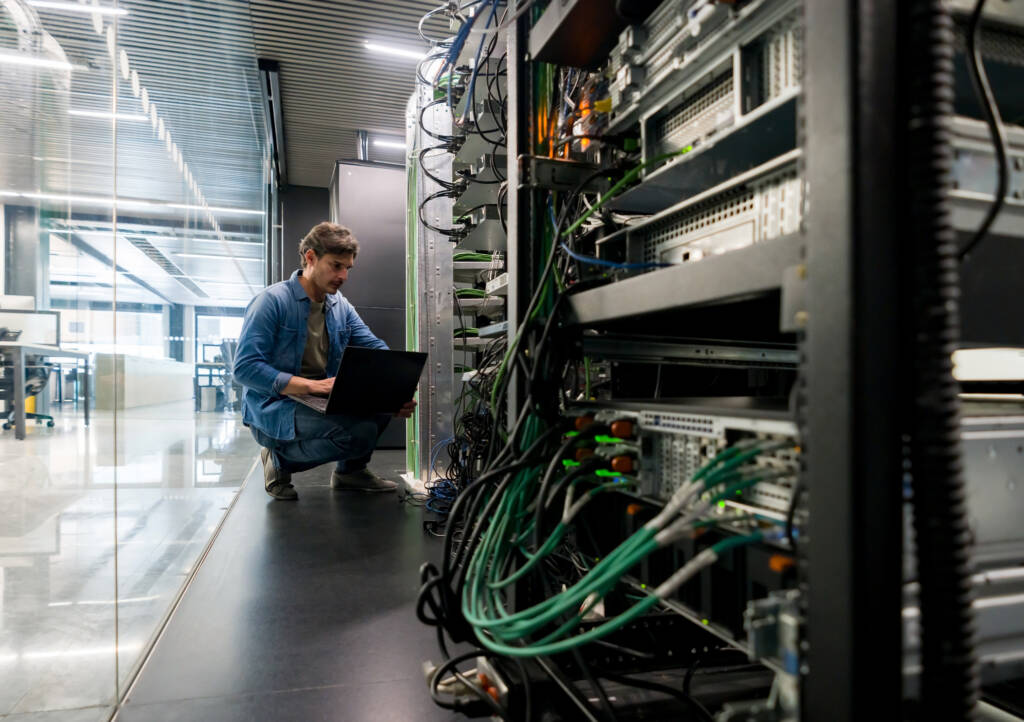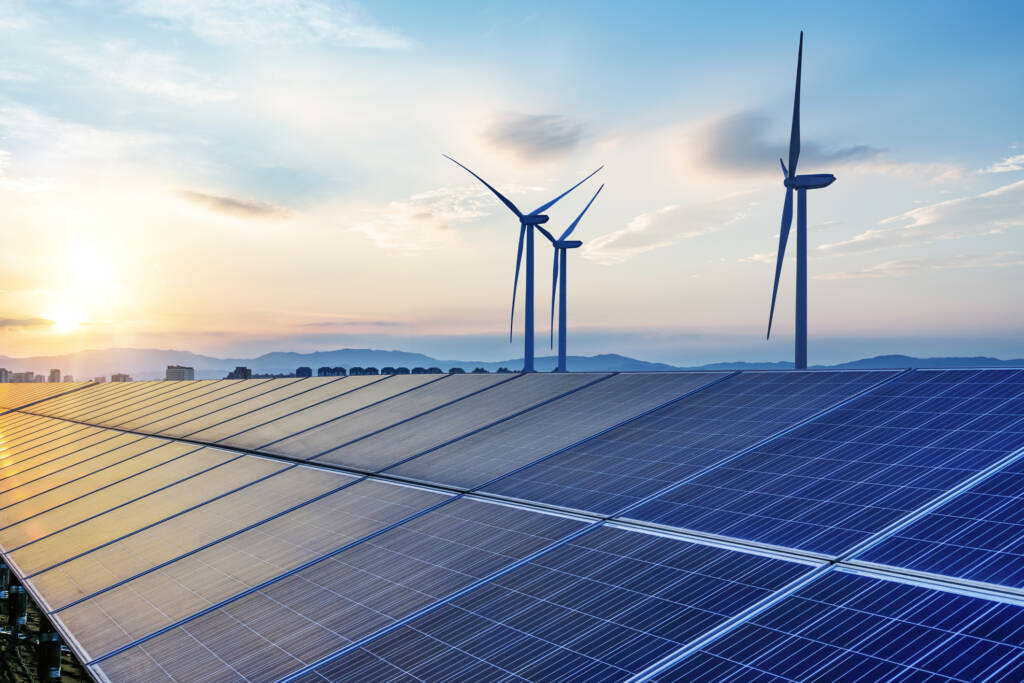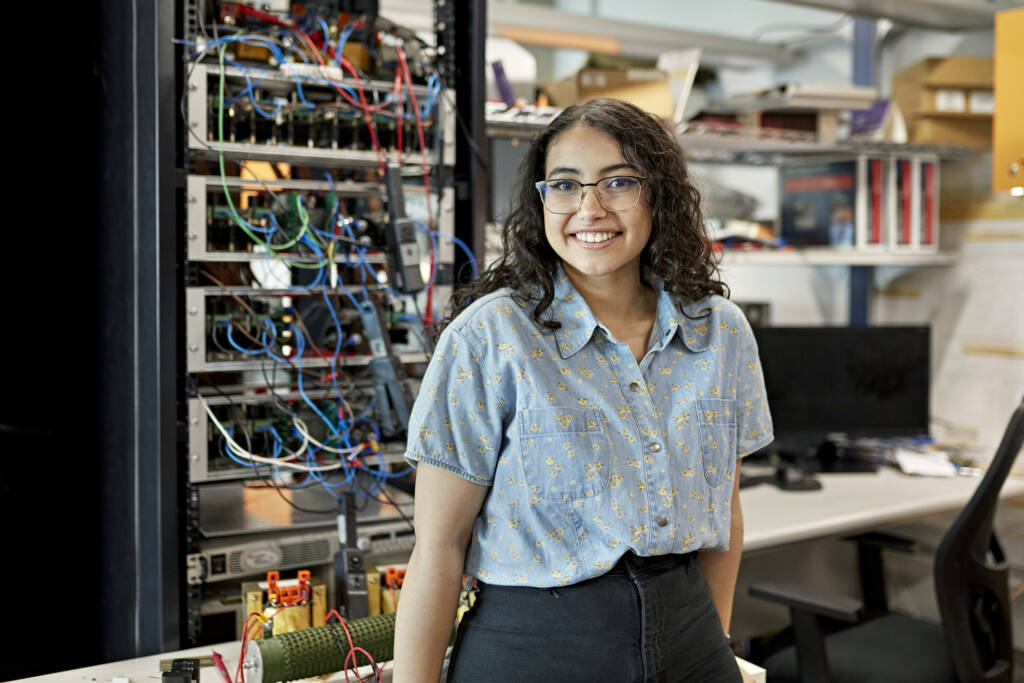
Introduction to Renewable Technologies

Interested in transforming energy? With concerns about climate change and growing populations’ effects on traditional energy supplies, scientists, governments, and societies are increasingly turning to renewable and innovative energy sources. In the Introduction to Renewable Technologies course, you’ll learn all about the cutting-edge field of renewable energy and the exciting new technologies that are making it possible. You’ll explore new ways of generating energy and storing that energy, from biofuels to high-capacity batteries and smart electrical grids. You’ll also learn more about the environmental and social effects of renewable technologies and examine how people’s energy decisions impact policies.
Major Topics and Concepts
- Introduction to Renewable Energy Technologies
- Define renewable energy technologies.
- Identify different kinds of renewable energy technologies.
- Defend reasons for developing and using renewable technologies.
- Recount the history of renewable energy technologies.
- Describe where and how renewable energy is currently used globally.
- Climate Change & Energy Policies
- Discuss global climate change issues.
- Describe how consumer habits influence climate change and energy policies.
- Evaluate climate change policies globally.
- Create frameworks for energy evaluation, including economic, sustainability, and tradeoffs.
- The Electric Power System & Fossil Fuels
- Discuss the history of the electric power system and the use of fossil fuels.
- Evaluate the current electric power system and use of fossil fuels.
- Investigate the advantages and disadvantages of the electric power system and use of fossil fuels.
- Examine new technologies and changes in the use of fossil fuels and the electric power system.
- Nuclear Power
- Define nuclear energy and discuss how it is harnessed.
- Describe nuclear fission.
- Discuss the advantages and disadvantages of nuclear power.
- Explain the societal debate over nuclear power.
- Solar Energy
- Define solar energy and discuss how it is harnessed.
- Compare passive solar and active solar energy.
- Examine photovoltaic cells and solar thermal systems.
- Outline the advantages and disadvantages of solar energy.
- Wind Energy
- Describe wind energy and how it has been used historically.
- Consider environmental factors that affect harnessing wind energy.
- Discuss kinetic energy.
- Evaluate the advantages and disadvantages of wind energy.
- Biomass & Biofuels
- Describe the major sources of biomass.
- Create a life cycle analysis for biomass conversion.
- Examine different biofuel options.
- Outline the advantages and disadvantages of biomass and biofuel energy.
- Geothermal & Hydroelectric Energy
- Describe types of geothermal energy.
- Discuss how hydroelectric energy is created.
- Examine environmental factors that influence these energy types.
- Evaluate the advantages and disadvantages of geothermal and hydroelectric energy.
Competencies
Global Warming, Climate Change, and Policy
Students will demonstrate an understanding of basic climate science and policy by examining current knowledge relating to climate change and analyzing how this is impacting global, country, business level policy as well as decisions made by consumers.
Nonrenewable Energy: History and Infrastructure
Students will demonstrate an understanding of non-renewable energy sources by describing and analyzing the history and infrastructure of nonrenewable energy use from the 1600s to today.
Evaluation of Renewable Energy Sources 1
Students will demonstrate and understanding of renewable energy sources by evaluating nuclear, solar, wind energy in terms of economic, environmental, and social factors.
Evaluation of Renewable Energy Sources 2
Students will demonstrate and understanding of renewable energy sources by evaluating biomass, biofuel, geothermal and hydroelectric energy in terms of economic, environmental, and social factors.
